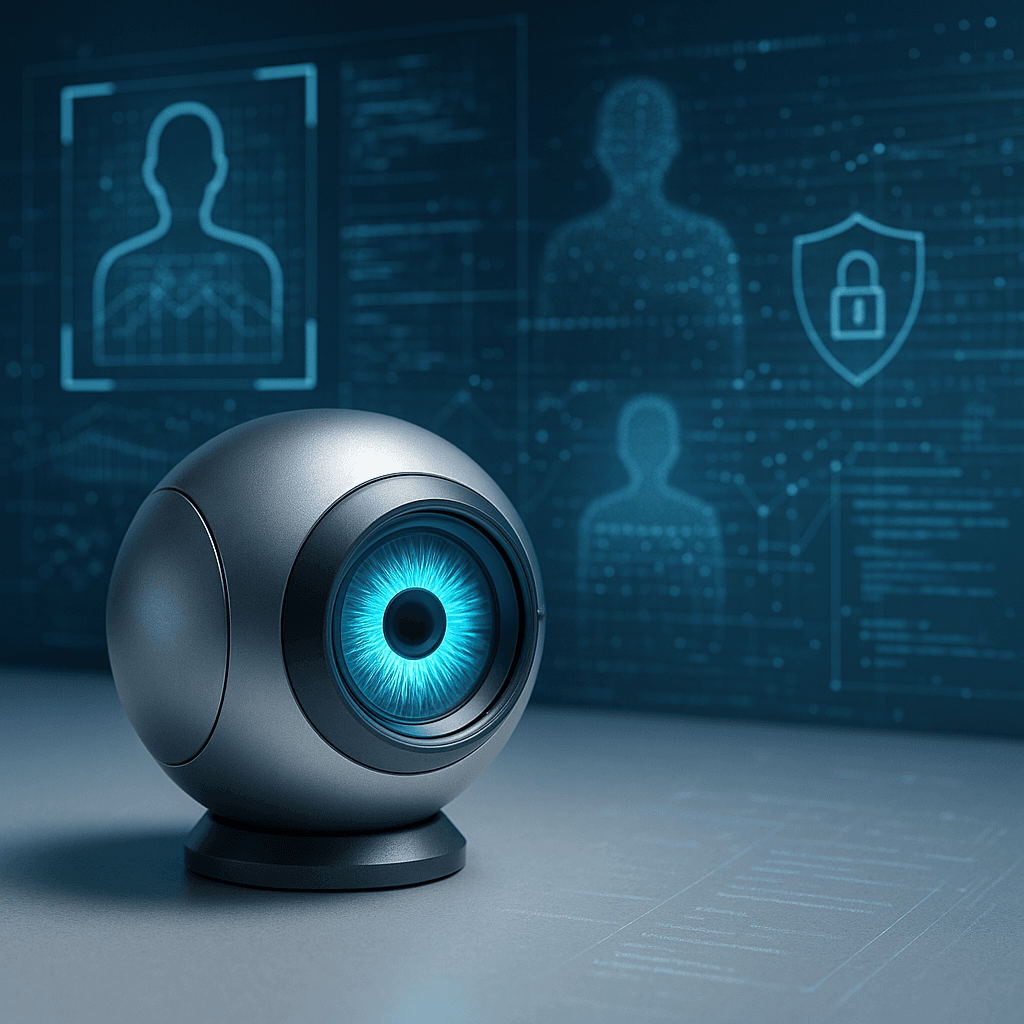The battle between humans and bots just got a sci-fi upgrade. As deepfakes and AI-driven fraud explode across the internet, Tools for Humanity - the company behind those mysterious iris-scanning orbs popping up globally - claims it has the answer to proving you're actually human. But can we trust a biometric solution from the Sam Altman ecosystem to fix the very problem AI helped create?
Tools for Humanity is betting your eyeball can save the internet from itself. The startup, connected to OpenAI chief Sam Altman through its World project, just outlined its plan to combat the growing crisis of AI-generated fraud through iris scanning technology that sounds like something out of Minority Report.
The timing couldn't be more urgent. Bots are rapidly outnumbering humans online, creating what Adrian Ludwig, the company's Chief Security Officer and Chief Architect, describes as an identity verification nightmare. During a recent TechCrunch Equity podcast interview, Ludwig painted a stark picture of our digital future where distinguishing between human and AI becomes nearly impossible without biometric intervention.
"We're seeing an explosion of deepfakes and AI-driven fraud that traditional verification methods simply can't handle," Ludwig explained to host Rebecca Bellan. The company's solution involves deploying metallic orb-shaped devices globally that scan users' irises to create unique digital identities - essentially creating a biological passport for the internet age.
But here's where it gets interesting: Tools for Humanity claims to take a privacy-first approach to this inherently invasive technology. Ludwig emphasized their open-source methodology, arguing that transparency in biometric tech development is crucial for building public trust. The company processes iris scans locally on devices rather than storing raw biometric data centrally, converting the scans into cryptographic proofs of humanity.
The technology arrives as AI-generated content becomes indistinguishable from human-created material. Recent studies show that synthetic media detection rates are dropping below 50% accuracy for sophisticated deepfakes, creating massive vulnerabilities for everything from financial fraud to election disinformation. Meta and other platforms are struggling to keep pace with AI-generated spam and fake accounts that can now pass basic verification checks.
What makes Tools for Humanity's approach particularly noteworthy is its connection to the broader AI ecosystem. With Altman's involvement, the company sits at the intersection of the problem and the solution - using advanced technology to combat issues created by advanced technology. This positioning has drawn both excitement and skepticism from privacy advocates who question whether any biometric collection can truly be "privacy-first."












